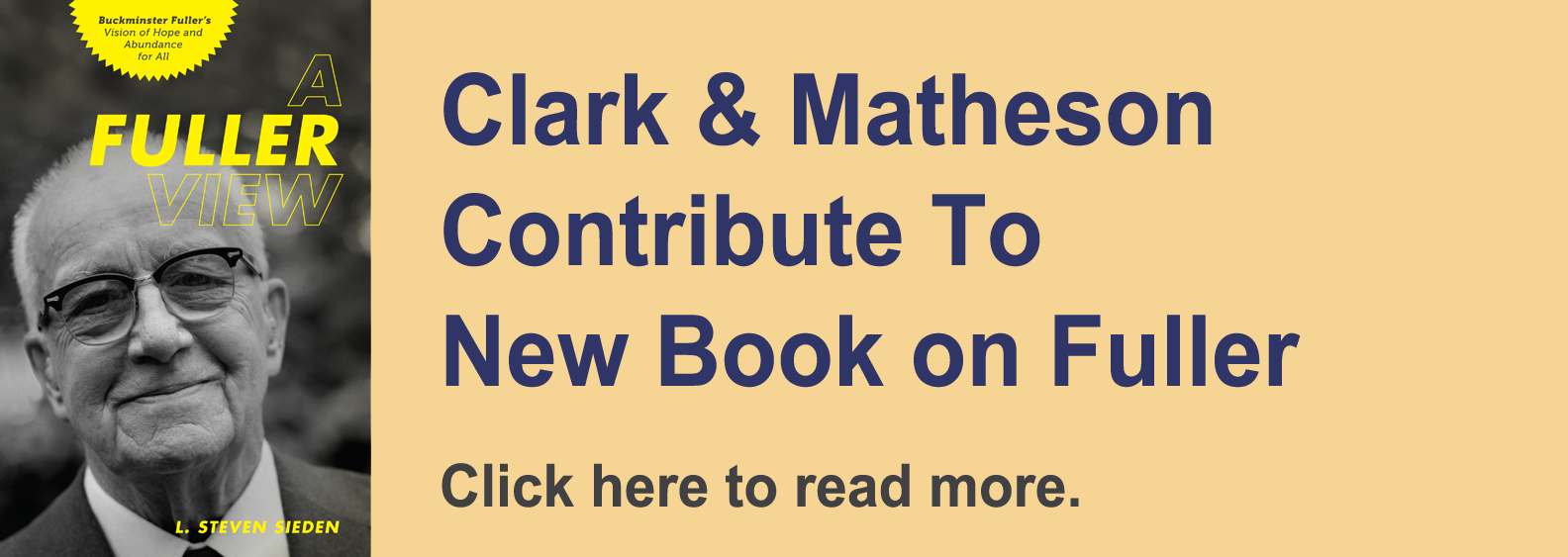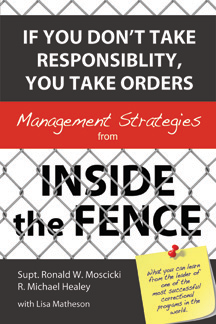Influences
The development of our models has been influenced by many sources, including the most current research in understanding the human brain and learning process, through to traditional physics and science-based research such as chaos theory and the work of R. Buckminster Fuller.
The following list covers some of the specific bodies of work, as well as general categories of influence.
The following list covers some of the specific bodies of work, as well as general categories of influence.
- Emotional Intelligence Research (Goleman/Cherniss/Consortium for Research on Emotional Intelligence)
- Chaos Theory
- Theory of Dissipative Structure (Ilya Prigogine)
- Reality Therapy (William Glasser, MD)
- Family Therapy Methodology (Virginia Satir)
- Neuro Linguistic Programming
- Synergetics of R. Buckminster Fuller
- 12º of Freedom - Stability in Universe (R. Buckminster Fuller, interpreted by Cheryl L. Clark)
- Choice Theory (William Glasser, MD)
- Accelerated Learning Methodology
- Total Quality Methodology (Edwards Demming)
- Quantum Learning Methodology (Bobbi DePorter)
- Superlearning (Giorgi Lasonov)
- MindStyles (Anthony Gregorc, PhD.)
- Learning Styles (Cynthia Ulrich Tobias)
- Non-Violent Communication (Marshall Rosenberg)
- Neural Linguistic Programming
- Methodology for Influencing with Integrity (Genie LaBorde)
- Thinking Strategies (Edward deBono)
- Brain Based Teaching (Eric Jensen)
- Quantuum Teaching (DePorter, Singer)
- Living Systems Theory
- Imaginal Education
- Yoga and Meditation
- Holistic Health
- Transactional Analysis
- Quality Schools (William Glasser, MD)
- Intrinsic Motivation Strategies (Alfie Kohn)
- Abilene Paradox and Other Writings (Jerry Harvey)


